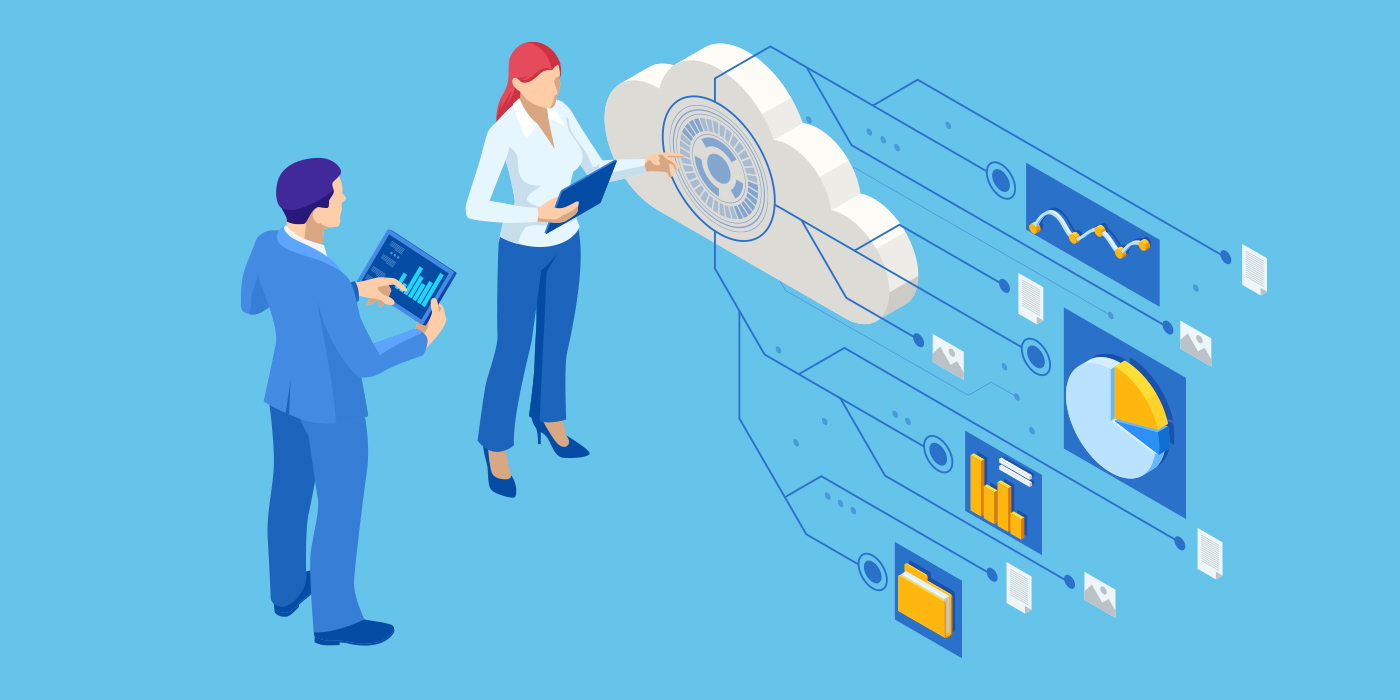Audit
Smart auditing for the digital age
The digital age brings many technological opportunities, but to what extent is the audit profession taking advantage? Do existing audit rules and practices help or hinder initiatives that enable internal and external auditors to add more value? Gisela Medeiros Coimbra, Partner Director, Audit and Consulting, Russell Bedford Brazil explores audit practices in a smart audit setting

Meeting the challenge
The world is changing rapidly, but the accounting profession has been slow to react; so far standards and methodologies have failed to keep pace with this change. Although it is fair to assume that the reports will evolve, they will need to cover a hybrid set of information that includes both GAAP (Generally Accepted Accounting Principles) and non-GAAP measures. What’s more, these measures will need to evolve continually while auditors adapt to working in a Big Data setting.
The Big Data environment has stimulated growth in auditing products. As more information becomes available, more information must be validated if it is to support decision making. In the past, GAAP alone would have been sufficient, but now auditors must combine GAAP and non-GAAP assessments to evaluate the evidence and make informed judgements.
The need for new audit standards
To make the most of smart audit practices and improve audit assurance and quality, it is critical that regulators develop appropriate audit standards and analytics technologies that are relevant to Big Data, while integrating, clarifying, and considering practical business needs and trends. This means audit data standards must develop in terms of data management and relevant technologies. These standards must encourage companies to manage internal data effectively and consistently, and continually validate external data to guarantee confidence.
In addition to data management, new standards must also evolve to examine and regulate the adoption of new technologies for analytical purposes in audit procedures; blockchain and artificial intelligence are obvious examples. More innovative audit standards for Big Data and analytics can drive progress in smart audit practices and improved audit procedures.
Adopting smart auditing practices
Currently, audit firms and auditors have many responsibilities that can lead them to adopt smart auditing practices. However, despite a professed awareness of the importance of smart auditing practices, not all audit firms apply Big Data and analytics in their audit procedures.
Recording a transaction on a blockchain may or may not provide adequate and sufficient audit evidence relating to the nature of that transaction. A transaction recorded on a blockchain can still be:
- unauthorised
- fraudulent or illegal
- executed between related parties
- linked to a side agreement that is outside the blockchain
- misclassified in the financial statements.
In addition, many transactions recorded in the financial statements reflect estimated values that differ from historical cost. Auditors must still consider and perform audit procedures on management's estimates, even if the underlying transactions are recorded on a blockchain.
Widespread blockchain adoption offers two further benefits: first it allows central locations to obtain audit data; second it enables auditors to develop procedures to acquire audit evidence direct from blockchains. This presents new challenges because a blockchain is unlikely to be controlled by the audited entity; the auditor will need to extract the data from the blockchain and assess its accuracy. This process may include consideration of information technology general controls (ITGCs) associated with the blockchain environment. It may also require the auditor to understand and assess the reliability of the consensus protocol that governs the stability of the blockchain. This assessment may need to consider whether the protocol can be manipulated.
Impact on audits and financial statements
As more organisations explore the use of public or private blockchains, auditors need to be aware of the potential impact this new source of information could have on their audits and financial statements. They will also need to assess management's accounting policies for digital assets and liabilities, which are currently not directly addressed in international financial reporting standards (IFRS) or GAAP. Auditors also need to consider how to adapt audit procedures to take advantage of blockchain benefits as well as addressing incremental risks. Questions about audit evidence, internal controls, independence, risk assessment, cybersecurity, and more are also likely to arise and require further consideration by standard-setters.
The pace of this technological innovation is relentless and new classes of digital assets are being created to live on the blockchain. As providers of essential professional services that support well-functioning markets, auditors must support each other to help identify the risks associated with this new technology and find ways to make the most of its benefits.
Gisela Medeiros Coimbra
Partner Director of Audit and Consulting
Russell Bedford, Brazil